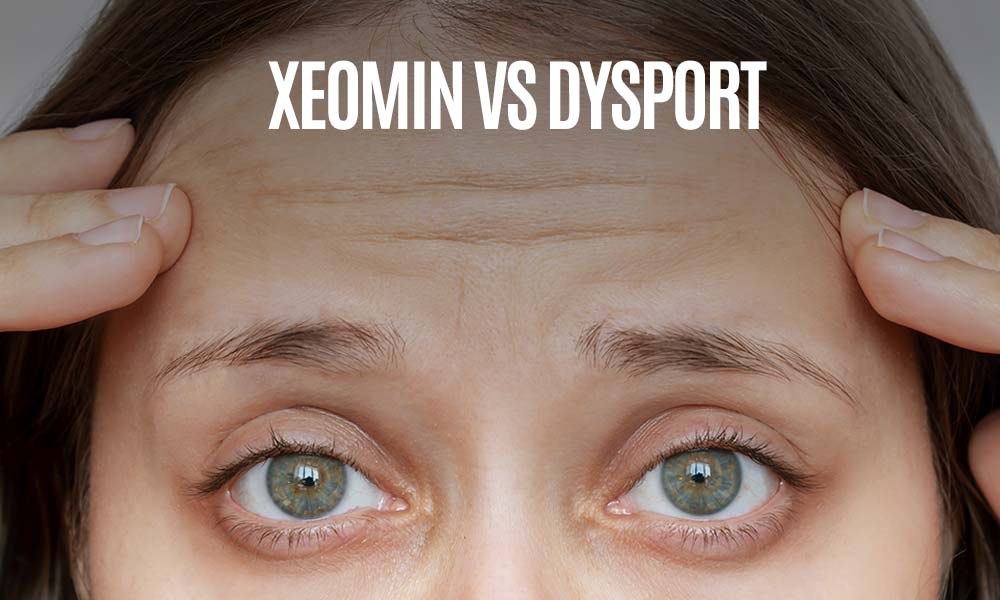
Home /
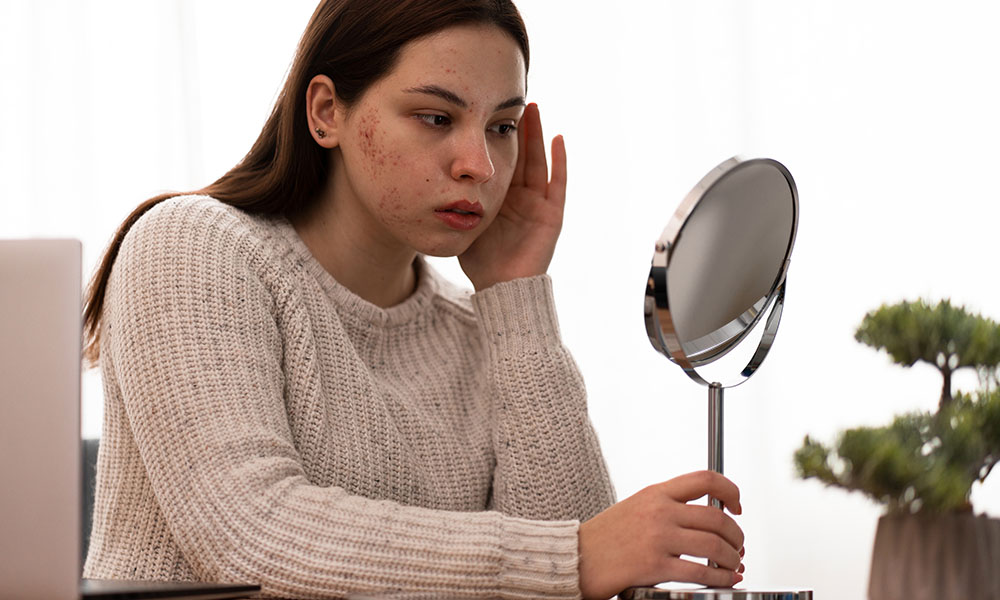
Let’s be honest: cystic acne doesn’t just affect your skin. It can mess with your confidence, social life, and even your mental health.
These painful, deep breakouts seem to have a mind of their own, refusing to budge no matter what you try. Sound familiar? If you’re ready to understand and tackle cystic acne head-on, this guide is for you.
Cystic acne is the most severe form of acne, characterized by large, inflamed, and painful bumps that form deep under the skin. Unlike regular pimples, cystic acne doesn’t pop or heal easily. It often leaves behind scars and discoloration, making early intervention crucial.
Understanding what triggers cystic acne can help you manage it more effectively.
Cystic acne is often tied to hormonal fluctuations, particularly during:
If your parents had cystic acne, you’re more likely to experience it, too.
Foods with high glycemic indices (like sugar and refined carbs) and excessive dairy consumption can worsen acne for some people.
Chronic stress increases cortisol, which can trigger your sebaceous glands to produce excess oil.
Using heavy, pore-clogging products or neglecting a proper cleansing routine can make cystic acne worse.
Cystic acne is more than just a bad breakout. Here’s what sets it apart:
Cystic acne requires a targeted approach. Over-the-counter products alone typically won’t cut it.
Use a gentle, non-comedogenic cleanser containing salicylic acid to unclog pores.
Benzoyl peroxide can reduce bacteria and inflammation on the skin’s surface.
Even oily skin needs hydration. Choose oil-free moisturizers and always apply sunscreen to prevent pigmentation.
Retinoids like tretinoin speed up cell turnover, preventing clogged pores.
Topical or oral antibiotics can reduce bacteria and inflammation but are typically used short-term to avoid resistance.
For severe cases, isotretinoin works by shrinking oil glands and controlling acne at its source.
Got a painful, stubborn cyst? Cortisone injections can shrink it almost overnight.
Regular peels with salicylic acid or glycolic acid can help manage active acne and lighten scars.
Lasers target bacteria and reduce inflammation, improving skin texture over time.
Effective for treating scars left behind by cystic acne, microneedling boosts collagen production and smooths the skin.
Prevention is just as important as treatment. Here are a few lifestyle tweaks that can make a difference:
Incorporate relaxation techniques like yoga, meditation, or journaling to keep cortisol levels in check.
Drinking enough water supports your skin’s natural detox processes.
Quality sleep helps regulate hormones and aids in skin repair.
Cystic acne doesn’t have to take over your life. With the right treatment plan and lifestyle changes, you can see real improvement and protect your skin from future breakouts.
If you’re ready to explore personalized solutions for cystic acne, visit Forever Young Medispa.
Let’s work together to restore your skin and your confidence.
In some cases, cystic acne may resolve without treatment, but it often leaves scars. Professional intervention is usually recommended.
Home remedies like tea tree oil or aloe vera may help mild cases but are unlikely to work for severe cystic acne.
Prescription treatments like isotretinoin can take 3–6 months to show significant improvement. Patience is key.
Yes! Popping cystic acne can worsen inflammation and increase the risk of scarring.
Absolutely. While hormonal acne is more common in women, men can experience cystic acne due to genetics or other factors.

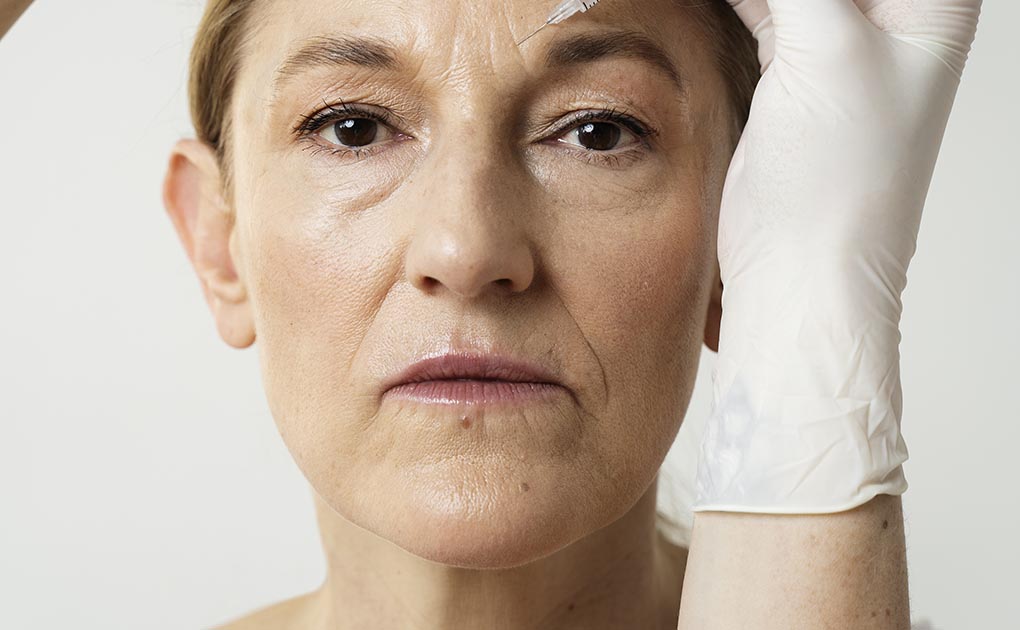
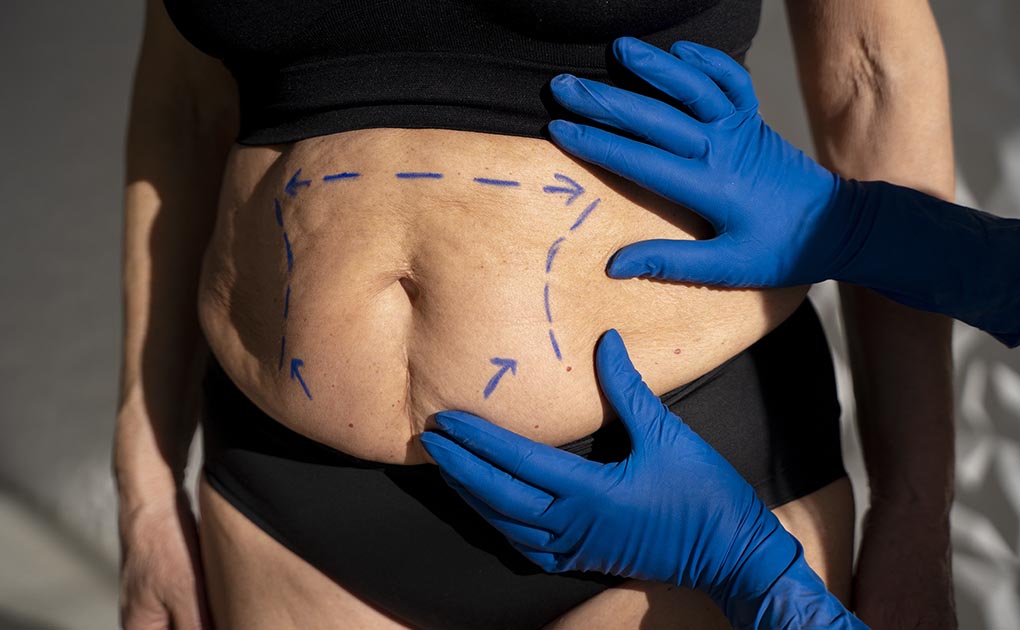
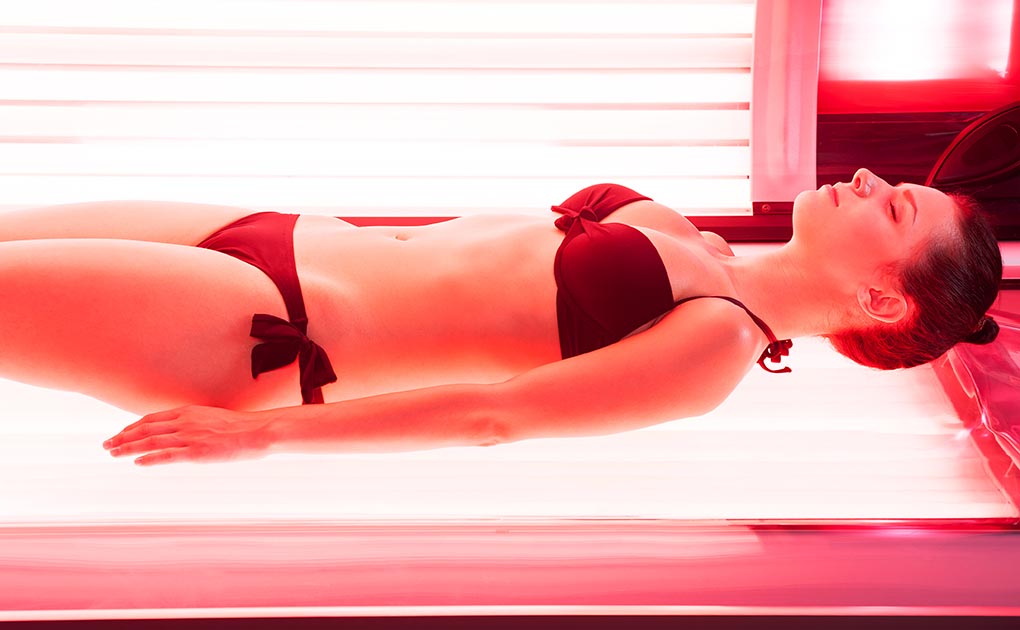
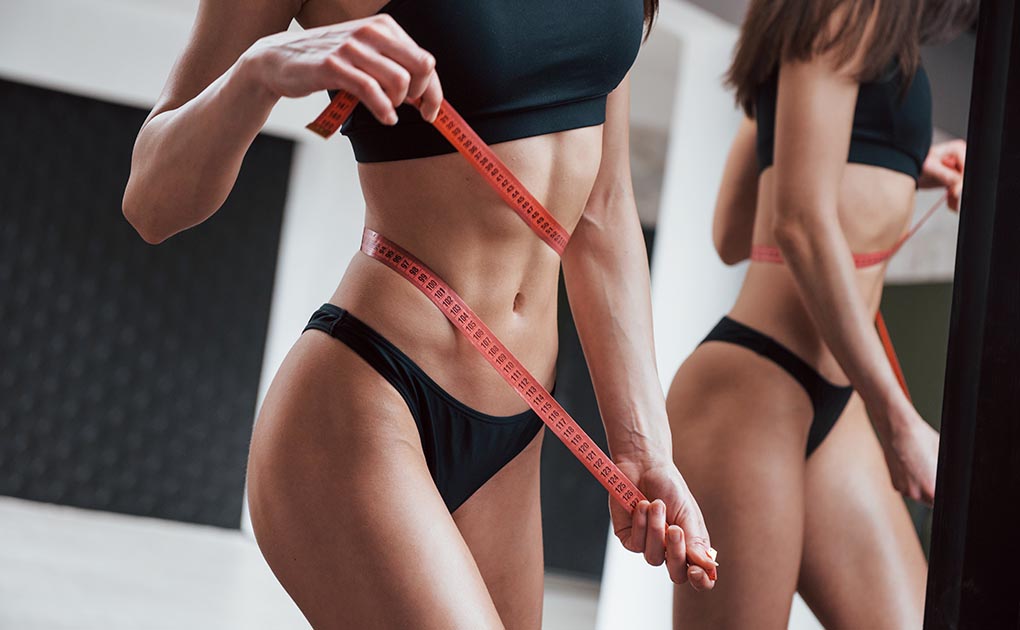
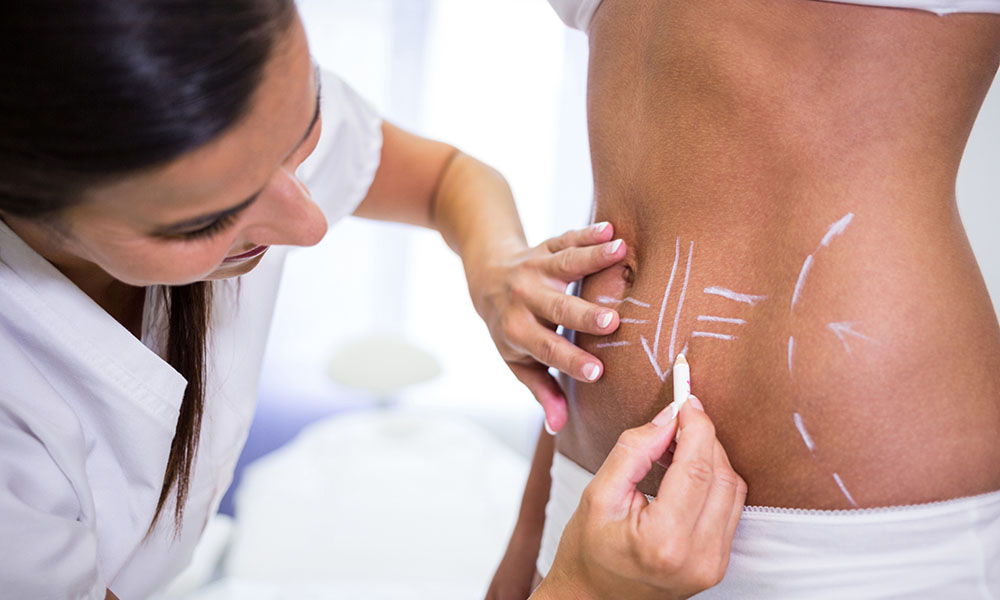
Join our email list for new treatment updates, promotions, special events + more!